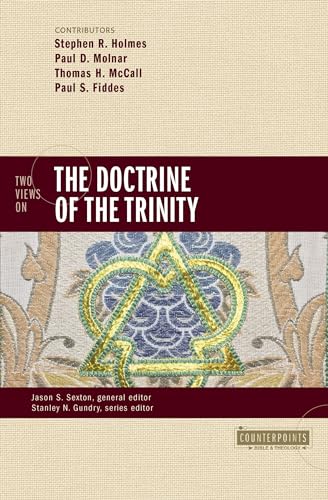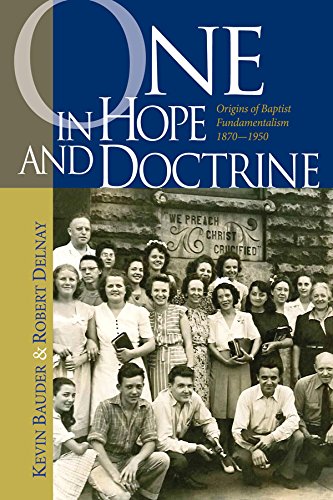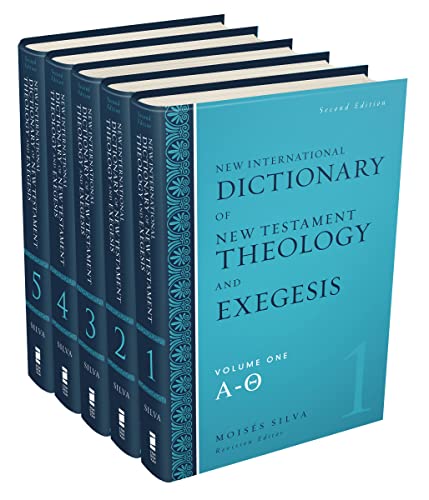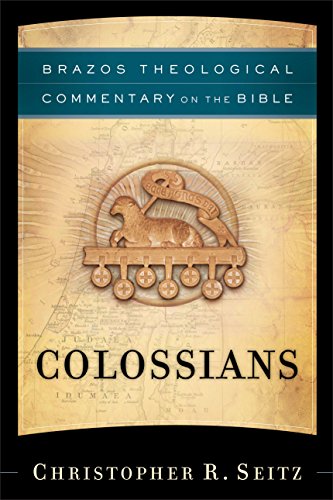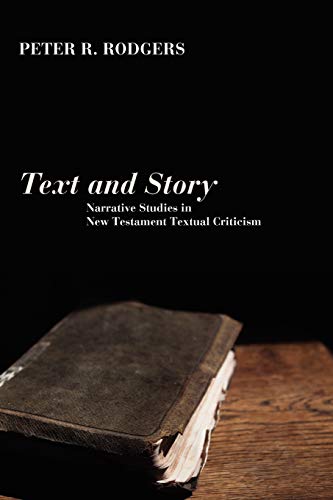Two Views on the Doctrine of the Trinity
Written by Jason S. Sexton, ed. Reviewed By Joseph H. SherrardThe last half of the twentieth century has been hailed by many as a ‘Trinitarian revival’, as the doctrine of the One God’s nature as three persons has found once again a robust place in Christian dogmatics, in contrast to the preceding two hundred years of modern theology which only rarely paused to discuss the doctrine (and that only as an embarrassing relic of an era now passed by through the achievements of human rationality and biblical criticism). The new consensus of this revival has been that the doctrine has a central dogmatic place, and specifically ‘Trinitarian’ descriptions of all the areas of dogmatics – including, most notably, creation and anthropology – have been argued for by leading Trinitarian theologians such as John Zizioulas and the late Colin Gunton. But as is often the case, the new ‘consensus’ has been complicated. The publication of Lewis Ayres’s Nicaea and its Legacy: An Approach to Fourth-Century Trinitarian Theology (Oxford: Oxford University Press, 2004) is perhaps the most notable of a number of works by historical theologians which, arguing no less strongly for the centrality of the doctrine of the Trinity for the Christian faith, nonetheless demur at the particular dogmatic proposals offered by most theologians in the latter half of the twentieth-century. The ‘revival,’ they argue, is in fact a significant departure from the shape of the doctrine of the Trinity as broadly understood from the 4th century to the post-Reformation period.
This most recent volume in Zondervan’s Counterpoints series collects four notable scholars with differing views on the ‘revival’ and some of the more fundamental aspects within the Nicene tradition of Trinitarian orthodoxy. In the Introduction, the editor Jason Sexton offers background to the debate over classical and relational models of the trinity, introduces the contributors, and explains that the four essays address trinitarian methodology, trinitarian doctrine, and the implications for each view. Each theologian is identified, more or less appropriately, with a particular doctrinal position within that tradition: Stephen Holmes as a ‘Classical/Evangelical’, Paul Molnar as a ‘Classical/Catholic’, Thomas McCall as a ‘Relational/Creedal’, and Paul Fiddes as a ‘Relational/Radical’. As in the other volumes in the Counterpoints series, the other contributors provide a rebuttal to each primary argument, with a further final and brief rebuttal given to the presenter. In the case of this volume the result is successful. Sustained engagement with the arguments made here gives an accurate and helpful picture of where the debate lies within orthodox theology without losing the reader in the finer points of historical and doctrinal detail.
The contributors make a number of interesting and provocative points over the course of their presentations. Holmes’s chapter begins with a helpful account of how inattentiveness to how words are used in their particular historical contexts has led to considerable dogmatic confusion. He also notably disagrees with attempts to tie the doctrine of the Trinity to an account of the ‘relationality’ of reality: ‘The doctrine of the Trinity is not primarily an ontology, nor does it depend on a particular ontology’ (p. 35). Molnar also takes aim at the modern fascination with making ‘relationship’ a load-bearing dogmatic category across theological doctrines, arguing that this is ‘little more than a projection of human experience and relationality into God in an overt or unwitting attempt to define God by our experiences of relationality‘ (p. 73). In contrast to Holmes and Molnar, who understand classical Trinitarian doctrine to lead to varying degrees of apophaticism about the nature of the divine life, McCall’s ‘Relational/Creedal’ account argues that Christians can with confidence claim knowledge of ‘I-Thou’ relationships within the Godhead that are analogous to human relationships. McCall’s argument derives much of its force from exegesis, and interested readers will want to pay close attention to his argument as well as how the classical proponents understand the same passages in question. Fiddes’s closing proposal is notably distinct in its formulation, arguing not for a so-called ‘social’ understanding of the Trinity over and against the equally ill-named ‘anti-social’ classical formulation, but instead suggesting that ‘God is the name for an event or happening of relationships in which we are engaged‘ (p. 160). As this quote demonstrates, Fiddes’s ‘Relational/Radical’ approach is in many ways an outlier in comparison to the other three proposals. In many ways this makes the contribution all the more valuable as it contextualizes their relative similarity and difference with one another.
If fault is to be found with the volume it is to be found with Molnar’s contribution. This is not to say that the chapter is weak; to the contrary, his use of T. F. Torrance, and to a lesser extent Karl Barth, gives an excellent account of the work of a leading and important twentieth century theologian of the Trinity. The weakness is instead that Molnar, though Roman Catholic himself, does not give the kind of “Catholic” representation one might initially expect (i.e., Thomist), although it is perhaps unclear if the intention was that Molnar’s familiarity with 4th century figures such as Athanasius (mediated via Torrance) was meant to be a ‘small-c’ catholic description of the doctrine. The contribution and Molnar’s responses to the other contributors still work well within the volume, but this reader would have been interested in a perspective which was representative of the teaching of the Roman Catholic Church.
Nonetheless, Two Views on the Doctrine of the Trinity is a helpful book which gives an excellent and much-needed one-volume introduction to the current debate on the doctrine of the Trinity. Seminarians, graduate students, pastors, and motivated laypersons will find in it an accessible guide to drawing their own conclusions on this important doctrine.
Joseph H. Sherrard
Joseph H. Sherrard
Signal Mountain Presbyterian Church
Signal Mountain, Tennessee, USA
Other Articles in this Issue
The account of Abraham's near-sacrifice of Isaac has been and will likely continue to be violently applied so long as the dominant misunderstanding of the text prevails...
In recent years, a growing cadre of younger historians has begun publishing significant books on the history of American evangelicalism...
Romans 4 remains a central text in the debate over the New Perspective on Paul...
Within the intra-Reformed debate over baptism, covenant theology is a crucial aspect in determining one's position...
‘Fathers of Faith, My Fathers Now!’: On Abraham, Covenant, and the Theology of Paedobaptism
by David GibsonThe figure of Abraham creates a covenantal framework for biblical theology that allows baptism to be considered in relation to the Bible's developing story line...


